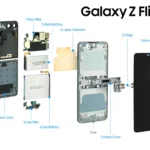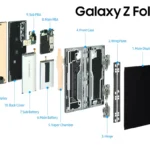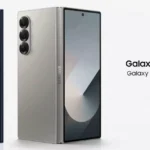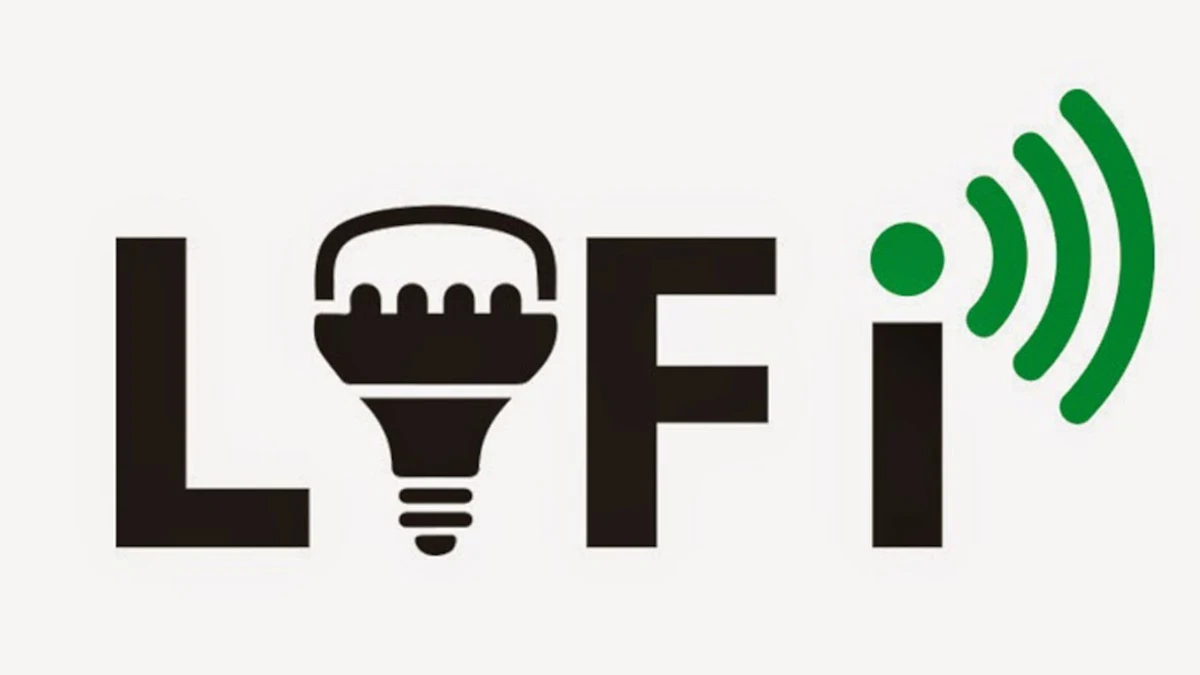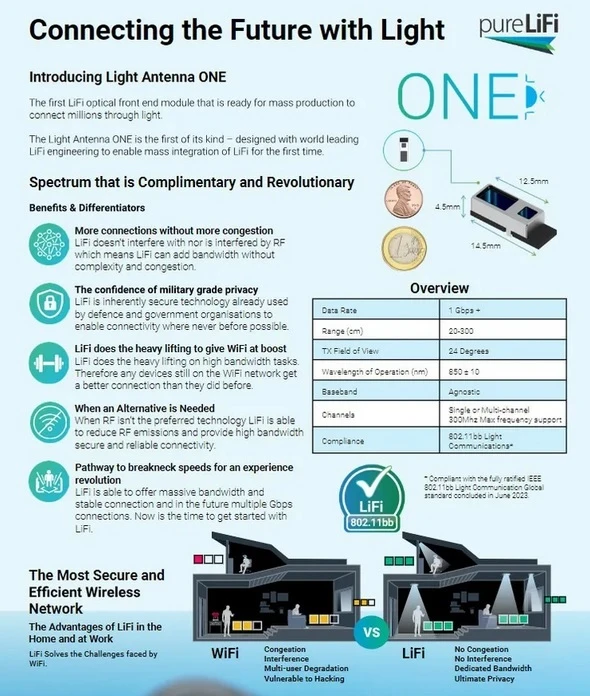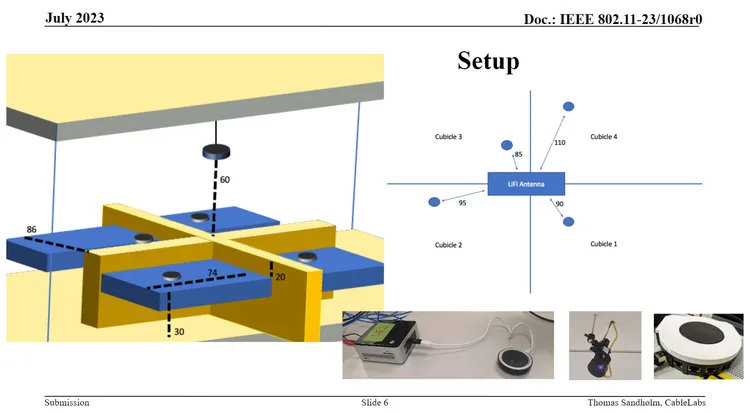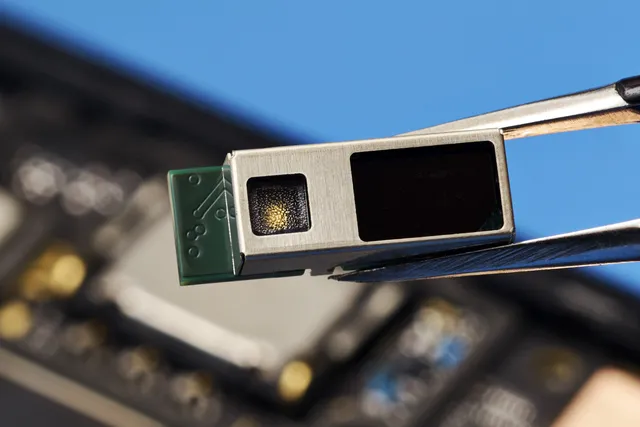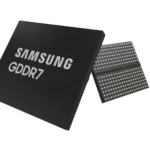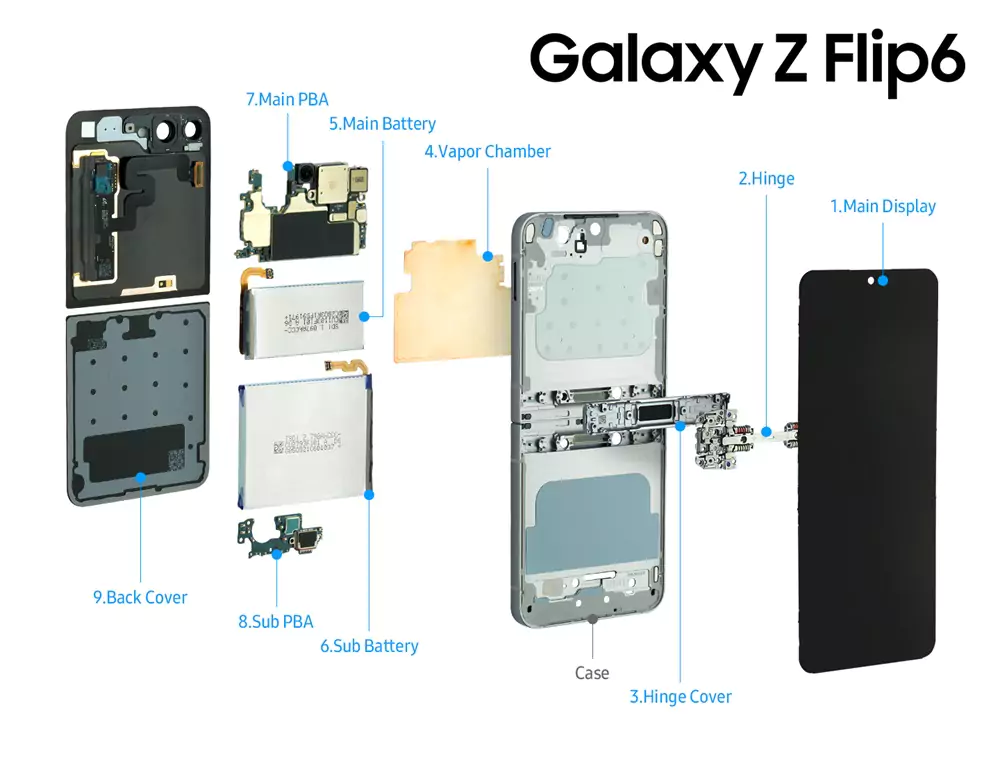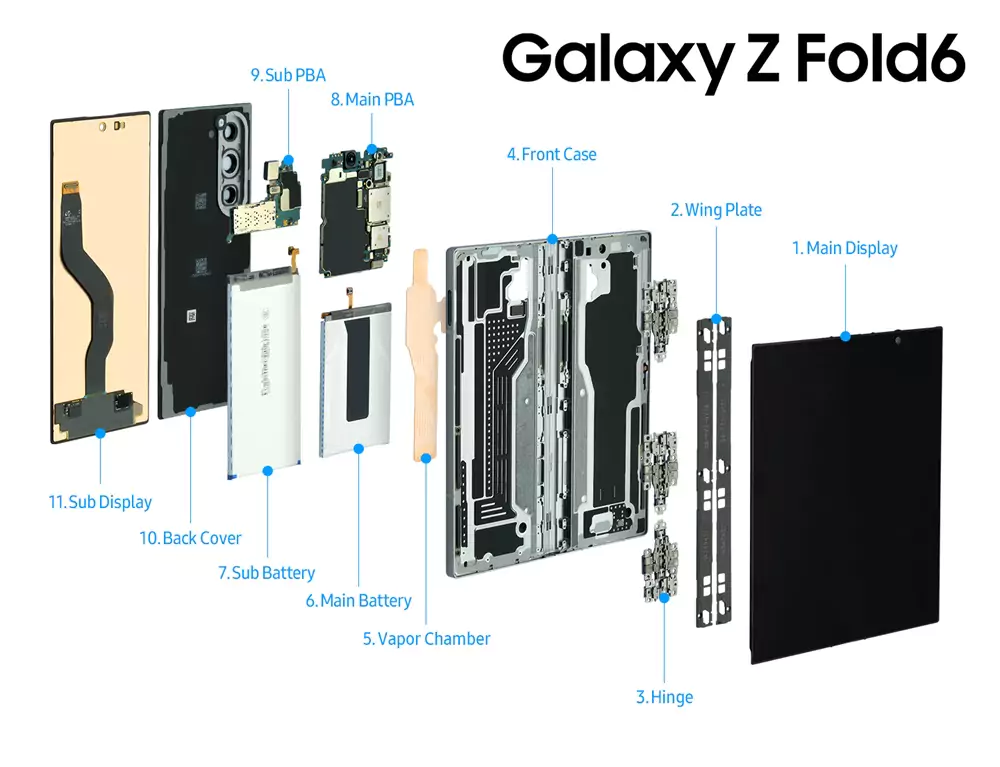Even though Wi-Fi 7 is coming, Wi-Fi may be in decline. The IEEE 802.11bb light communications standard, which will cover the developing Li-Fi technology, has reportedly been released by the committee that administers Wi-Fi standards, according to The Verge. Li-Fi provides light-based wireless optical connectivity at speeds up to 100 times faster than Wi-Fi by replacing wireless network signals with invisible (to the human eye, at least) infrared light.
The International Telecommunication Union G.9991 standard competes with Li-Fi and can send signals free of radio interference. This standard is applied to Signify’s data-beaming bulbs, according to The Verge. In February, a different business known as pureLiFi unveiled the Light Antenna One system, which already complies with 802.11bb requirements. The maker claims that this module, which may be integrated into cellphones, can give data speeds of more than 1Gbps.
Unfortunately, Light Antenna One only has a 24-degree field of view while transmitting back and is only designed to communicate with objects that are less than 10 feet away. The Light Antenna One’s manufacturer claims it is nevertheless prepared “to enable mass integration of Li-Fi for the first time.” Notwithstanding the 1Gbps claim made by pureLiFi, download data speeds for Li-Fi are reportedly as high as 224Gbps, which surpasses the anticipated Wi-Fi 7 average download speed of 40Gbps.
Better security is one of the benefits of Li-Fi since signals are less likely to seep through walls. The more excellent data rates of Li-Fi would undoubtedly provide the quick connectivity that augmented reality, virtual reality, and gaming devices may benefit from. Li-Fi transmitters are simple to install in office light fixtures. Moreover, Li-Fi guarantees minimal latencies in addition to quicker download rates.
Li-Fi is still in its infancy, but in a few years, we’ll discuss the technology with the same ease as Wi-Fi. download data speeds for Li-Fi are reportedly as high as 224Gbps, which surpasses the anticipated Wi-Fi 7 average download speed of 40Gbps.
